
Pesticide - it’s a big word that can have an even bigger impact.
These days ‘pesticide’ seems to be a catch-all word for any chemical we spray to get rid of insects or weeds. To be a bit more exact there are two main types of pesticides: herbicides and insecticides. Herbicides are designed for plant/weed intruders, while insecticides are used against unwelcome insects.
Pesticides are classified by their chemical basis. The most common classifications are organophosphate, carbamates, miticides, pyrethroid, and neonicotinoids (Rohrich, 2017). The use of these pesticides can be different from product to product. Some kill the insect or weed on contact, others take effect once the chemicals are ingested and work from the inside-out. Not a pretty picture when we take a moment to think about it.
We know what these chemicals do to their intended victims, however, do we know what kind of effect they have on us humans?
These chemicals find their way to our gardens, they are sprayed in the grass our kids play in, and come in direct contact with the food we eat. They are ubiquitous; whether we see them or not.
In recent years, there have been a multitude of studies on the use of pesticides and their effects on overall health. It has been proven pesticides can cause reproductive issues, kidney and liver damage, cancer and much more. Children in particular are the most vulnerable to the side effects of pesticides. In 2000 the American Cancer Society published a report that showed children exposed to household pesticides are 3 to 7 times more likely to develop non-Hodgkin lymphoma than those who were not exposed (2018). In 2009, Georgetown University Medical Center conducted a study that showed a strong association between children with leukemia and household pesticide use (GUMC, 2009). Unfortunately, the list goes on and on.

What may be even more frightening is the household pesticides we’re discussing are the very same ones used to make our gardens better than our neighbors, or keep the bugs from entering our house. Perhaps, you have some sitting in your garage right now!
Regardless of how commonplace they are, the danger is real. So what can we do about it? Reducing the exposure to these harmful chemicals at home. The good news is there are more and more natural remedies becoming widely available that offer similar solutions to pesticides. Here is a very helpful article on sustainable alternatives to keep your garden healthy.
Best Bee Brother’s is proud to embrace a pesticide-free, chemical-free business model on all of our products. We use the science of environmental mimicry and an innovative design to rid your home of carpenter bees without dangerous toxins.
We hope to spread knowledge about the dangers of pesticides so we can all play a role in creating a safer, more sustainable world.
References:
Rohrich, J. D. (2017, December 07). What Are Pesticides, and Why Do We Use Them on the Farm? Retrieved April 03, 2018, from https://www.huffingtonpost.com/jenny-dewey-rohrich/what-are-pesticides-and-w_b_5662370.html
The Dangers of Pesticides. (2018). Retrieved April 03, 2018, from http://www.sustainablebabysteps.com/dangers-of-pesticides.html
G. (2009, August 04). Common Household Pesticides Linked To Childhood Cancer Cases In Washington Area. Retrieved April 03, 2018, from https://www.sciencedaily.com/releases/2009/07/090728102306.htm



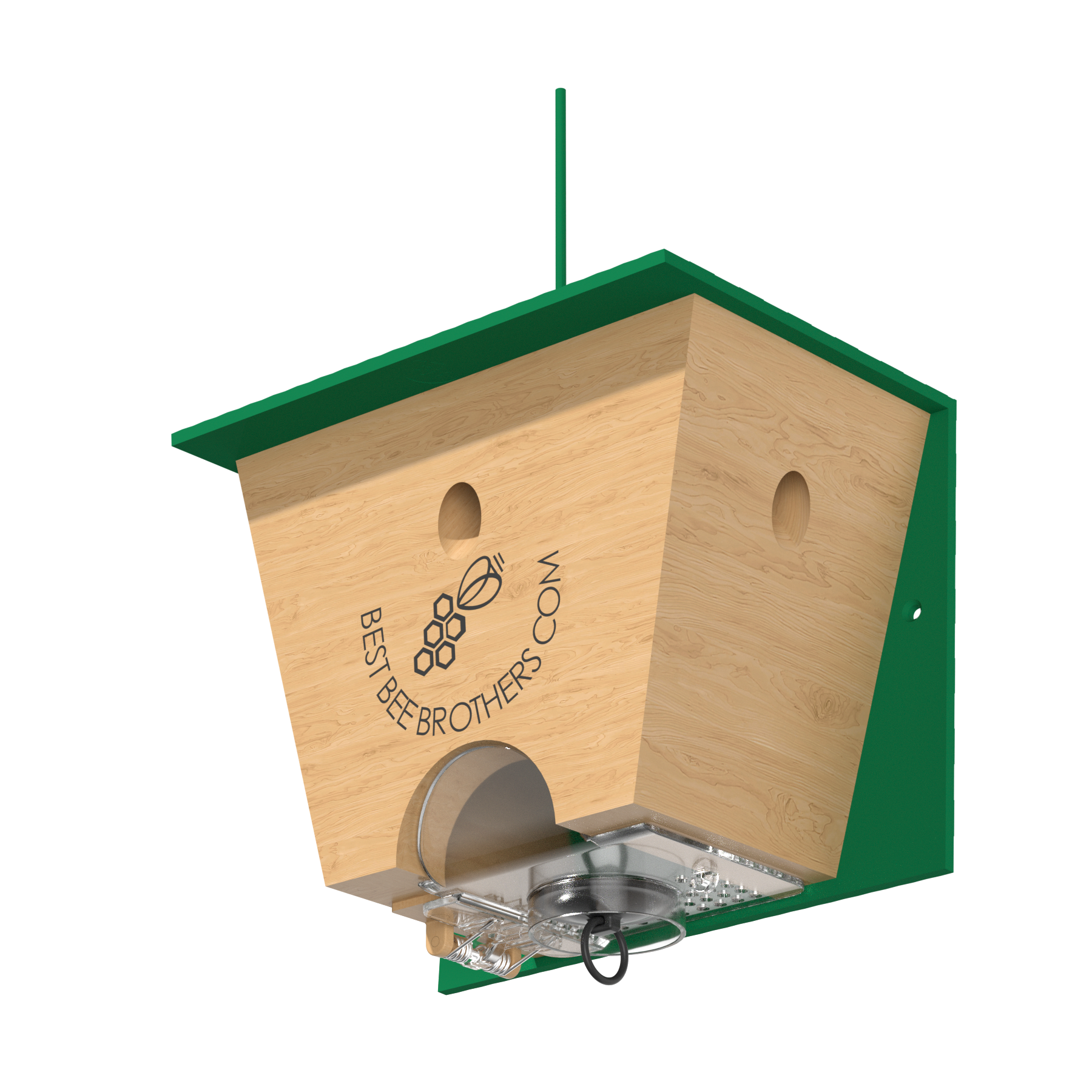
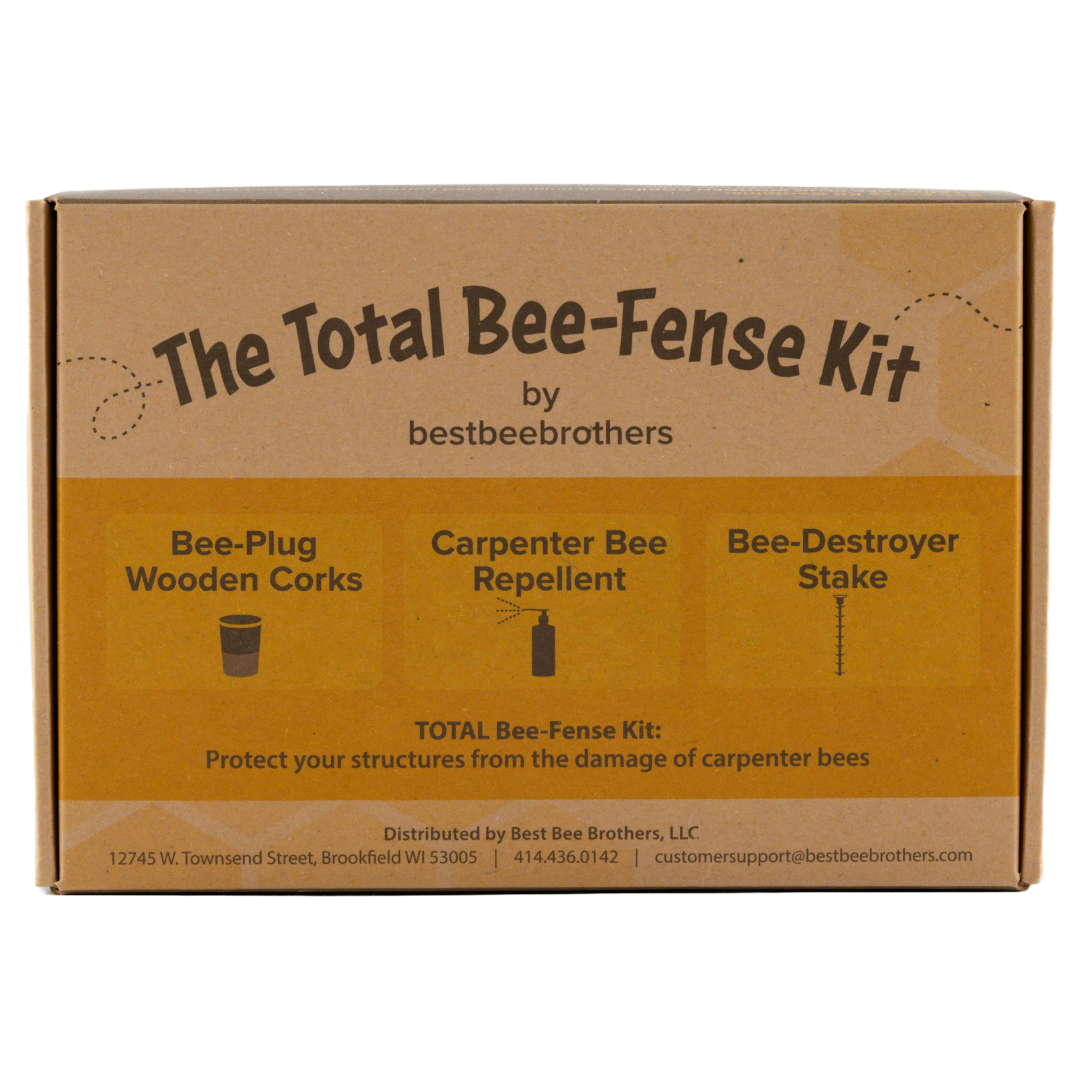
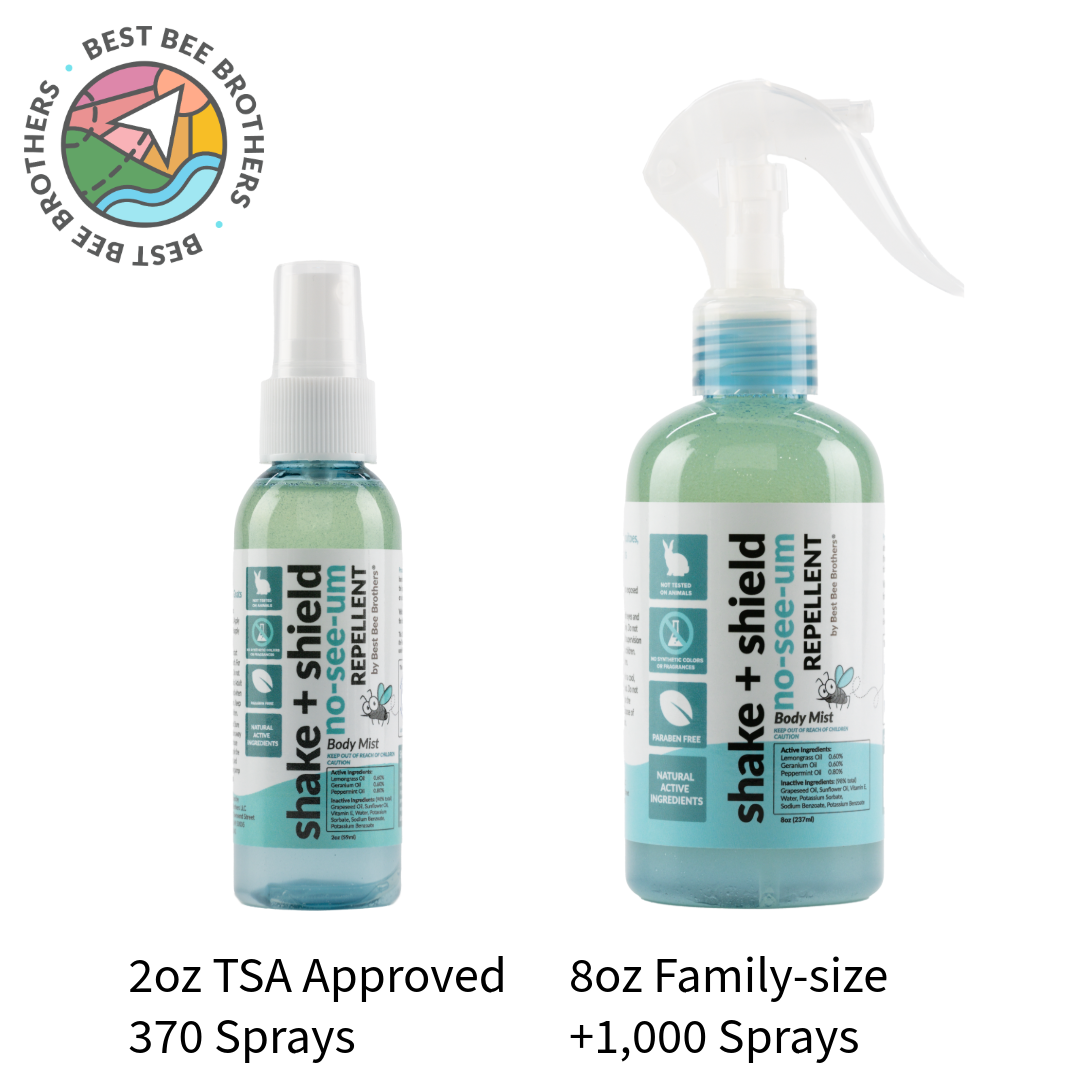
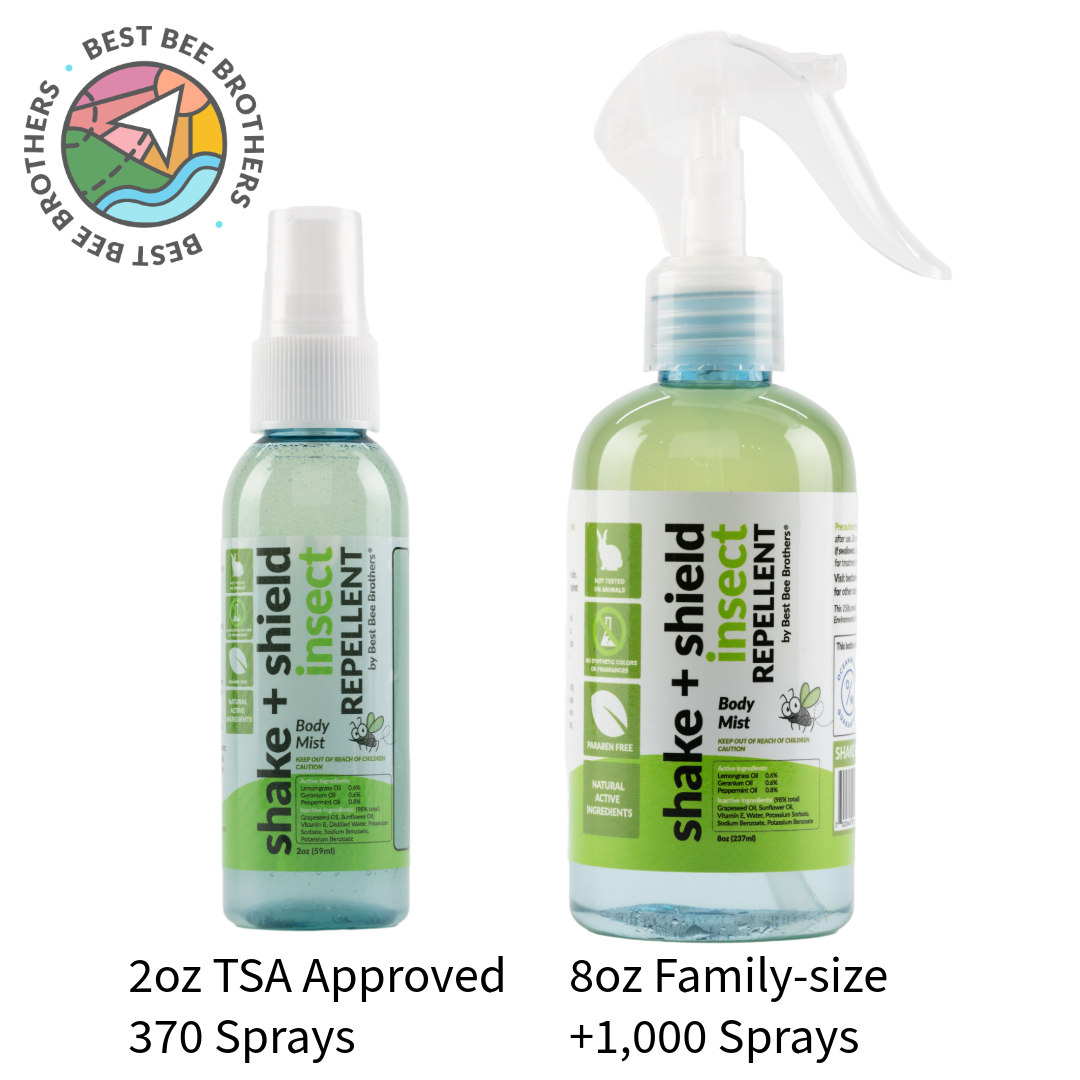
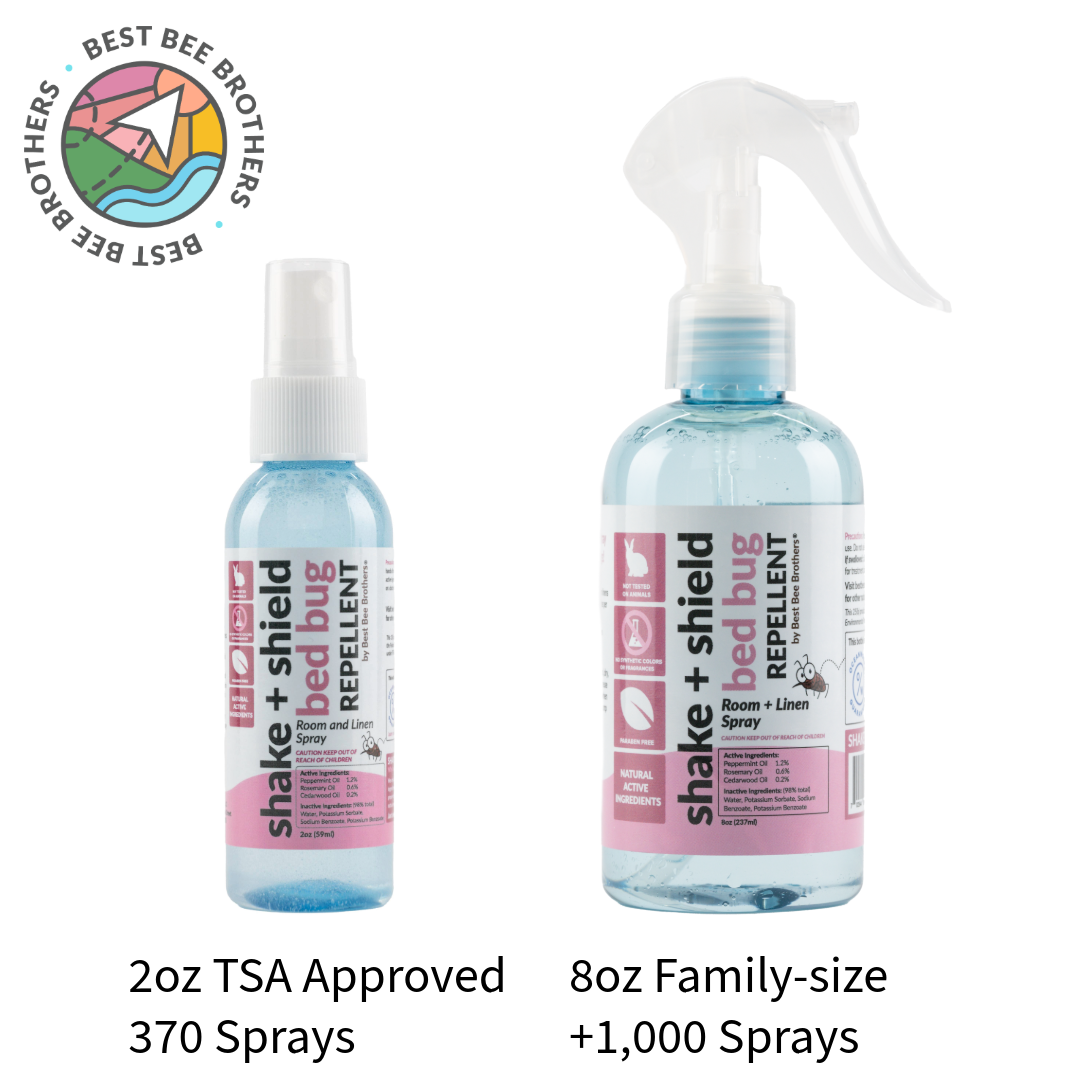
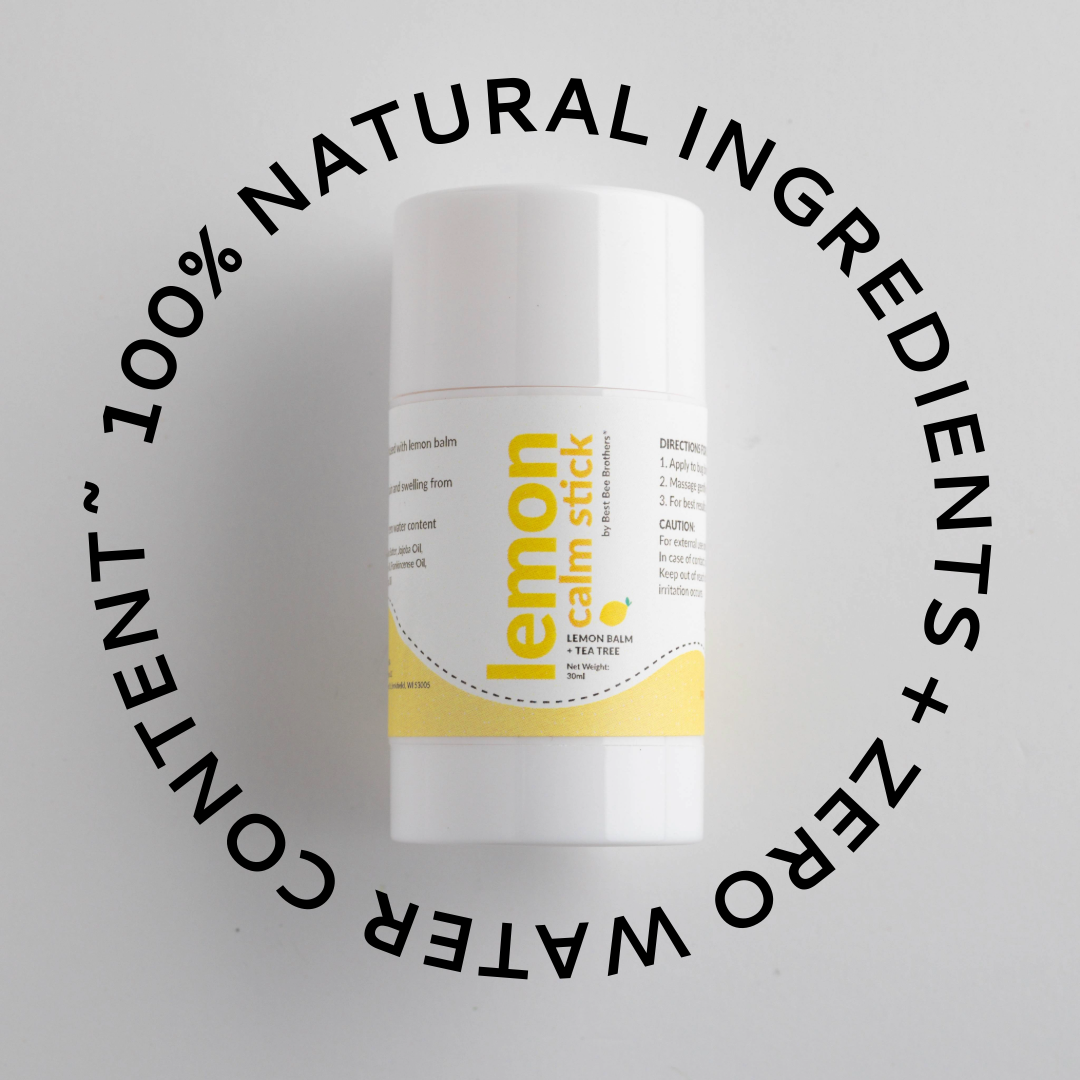
Leave a comment
All comments are moderated before being published.
This site is protected by hCaptcha and the hCaptcha Privacy Policy and Terms of Service apply.